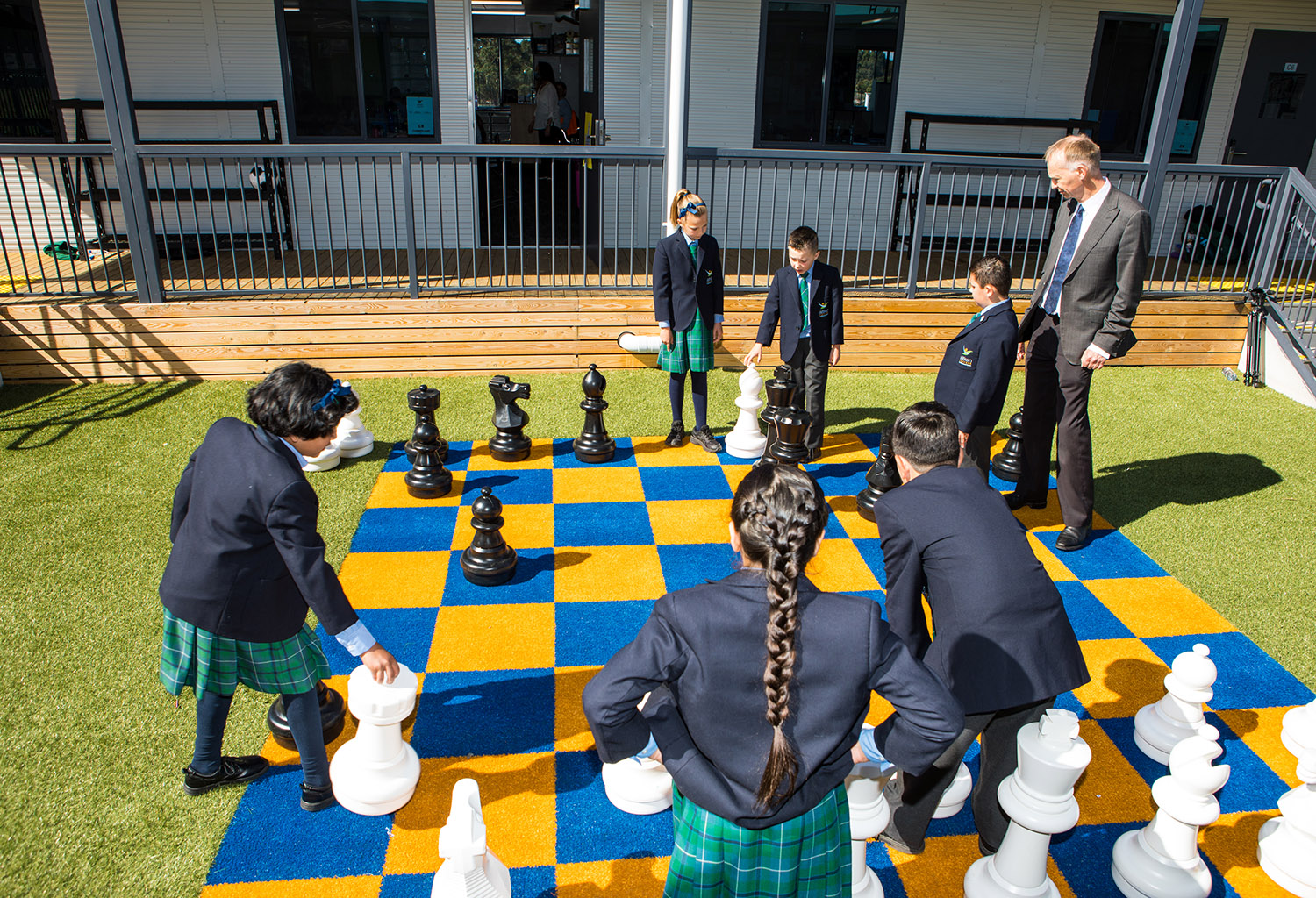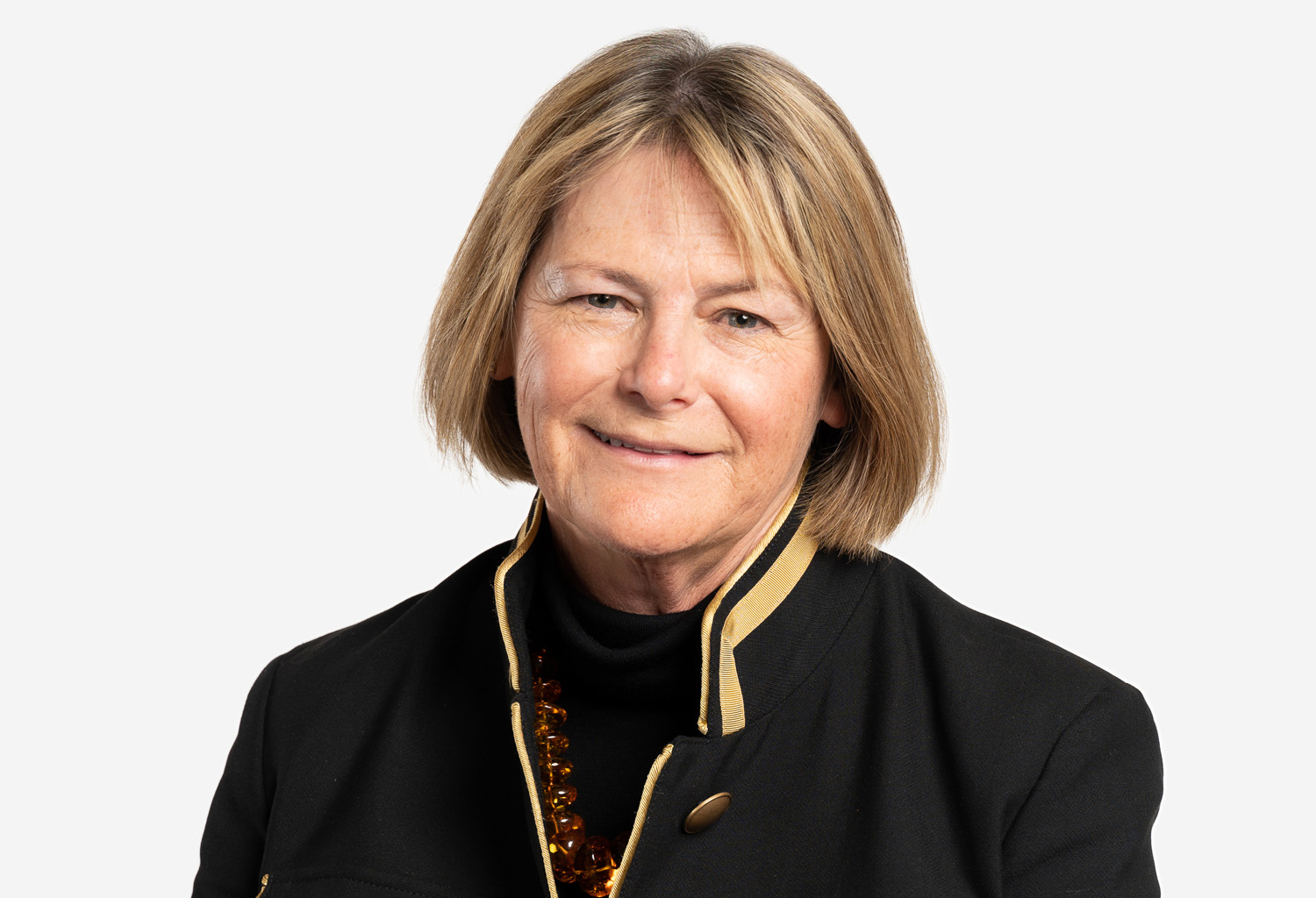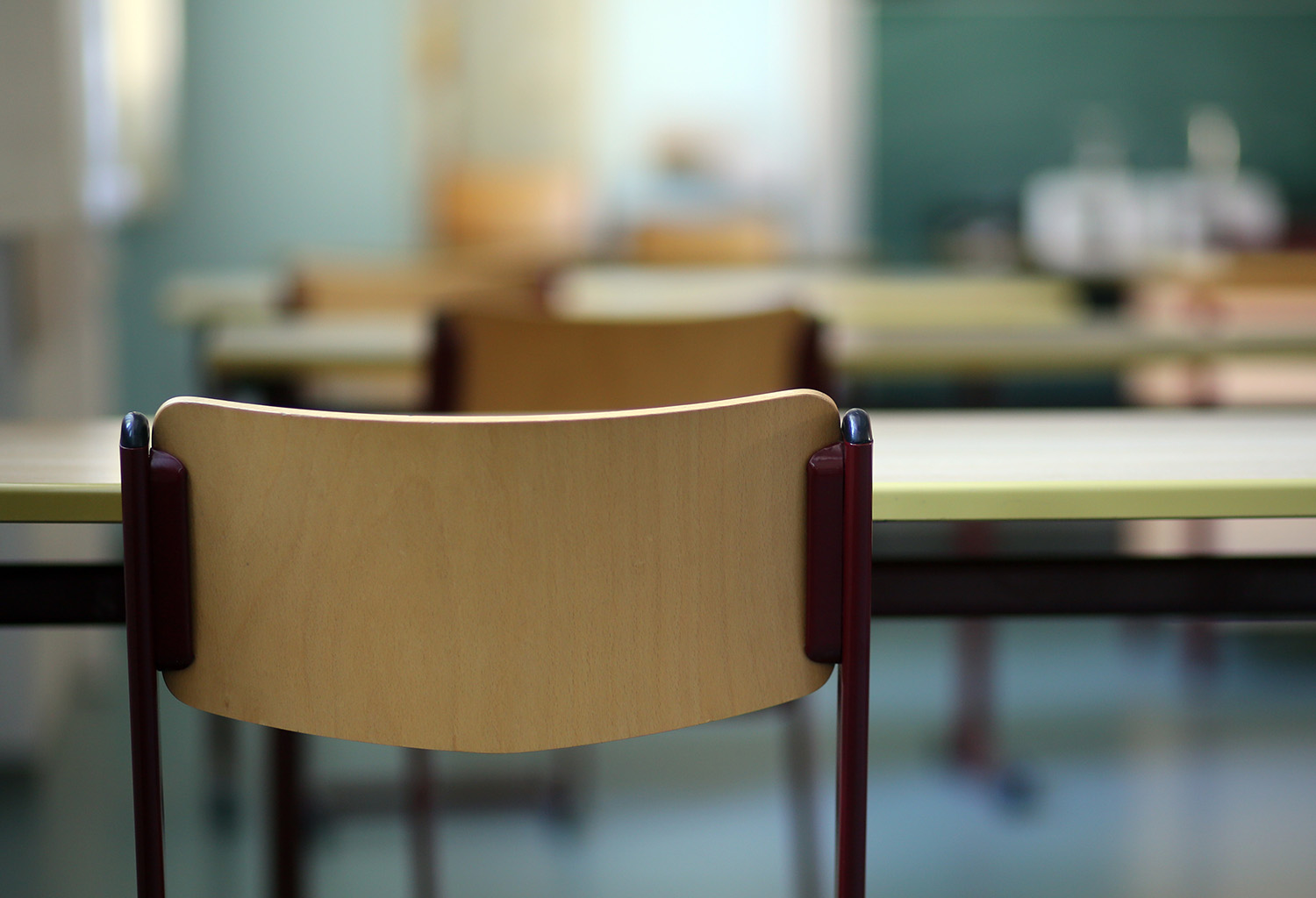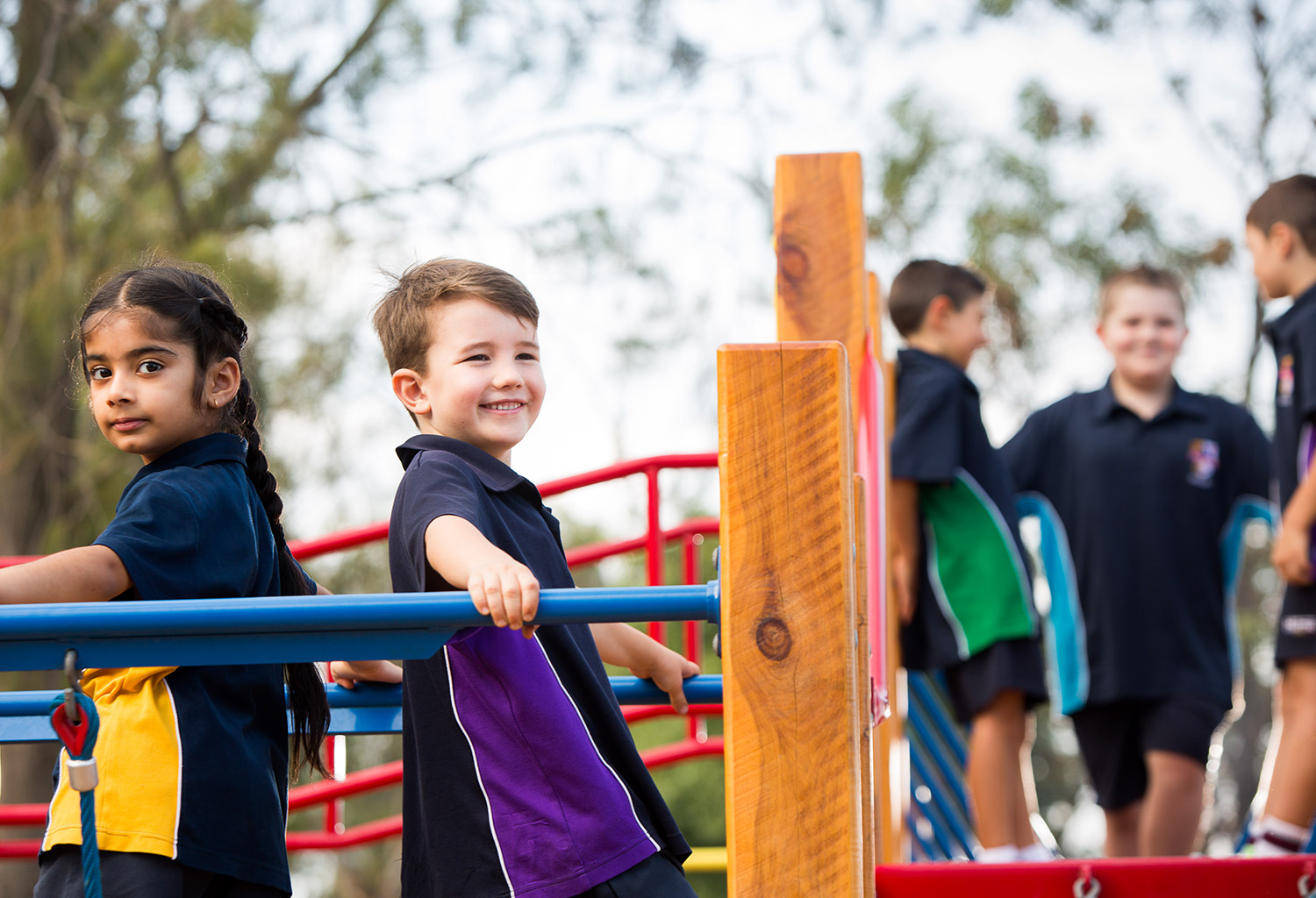Education, the Victorian election and policy challenges

3 min read
Teacher shortages, student and staff wellbeing, school funding and the long-term impact of COVID-19 are just some of the challenges that schools are grappling with in the lead-up to the Victorian election, writes ISV Chief Executive Michelle Green.
The Victorian election comes at a time when school communities confront multiple challenges.
A shortage of teachers is predicted to get worse. How to best train them for the classroom and keep them in the profession is under review. There’s debate about whether students are leaving school with the skills that will equip them for an uncertain future.
There’s concern about the wellbeing of students and teachers, heightened by questions about the long-term impact of the disruption caused by COVID-19. School funding – whether it’s enough or whether it’s spent in the right places – is an enduring issue.
Complicating these challenges is economic uncertainty and the rising cost of living – factors that affect the entire community, but which have a particular impact on the growing number of parents who pay fees from their after-tax income to educate their children in Independent schools.
All these issues will require policy responses from whichever party or coalition forms government after the election on 26 November.
Independent schools are the fastest growing school sector
Independent Schools Victoria (ISV) is a non-partisan member service organisation that advocates for and provides support to its Member Schools. We speak for their collective interests, but we do not direct or manage them. We don’t presume to suggest how the parents of children in Independent schools should vote.
Independent schools are the fastest growing school sector in Victoria and nationally, indicating that parents welcome their diversity and the choices they provide to meet parents’ values and the needs of their children.
Close to 160,000 students attend ISV’s 235 Member Schools that operate on almost 400 campuses across Victoria. These schools follow more than 20 different philosophical approaches to education. The recent growth is strongest among schools charging annual fees of $7,500 or less. Many of these schools are in outer urban growth areas, educating students from all social and economic backgrounds. The schools and the young people who attend them do not conform to a stereotype; instead, they reflect the diversity of Australian society.
“Independent schools and the young people who attend them do not conform to a stereotype; instead, they reflect the diversity of Australian society.”
— Michelle Green
Supporting all schools, regardless of sector
ISV’s starting point in advocacy with politicians involves fundamental principles. The first is that Independent schools play an essential role as one of the three pillars in our state’s education structure, alongside Government and Catholic schools. The major political parties have recognised this principle for decades. We welcome the fact that they have a long-standing commitment to supporting all schools, regardless of sector.
In this election, we seek commitments that government financial support for non-government schools will be based on transparent principles and processes that reflect student need and are not subject to political interference. We oppose special deals that unfairly favour one sector over another.
We expect the major parties will maintain their bi-partisan commitment to a capital grants funding program for non-government schools, based on clear eligibility criteria that recognise need and are also assessed free of political interference.
Given the ample evidence that principals and teachers in all school sectors are distracted and over-burdened by administrative processes, we seek a halt to the addition of any new reporting and bureaucratic requirements and a comprehensive review of existing ones. Far from being a solution to the stresses that schools are under, red tape is part of the problem.
While we welcome government measures already taken to simplify planning processes for non-government schools seeking to build new campuses and expand existing ones, Independent schools still face complex arrangements involving engagement with multiple government departments and agencies when they try to expand to meet enrolment demand and community need. These processes should be better co-ordinated and streamlined.
Debates should be based on evidence, not anecdote
Finally, debates about the curriculum and student outcomes should be based on evidence, not anecdote. Measures to address shortcomings should be based on consultation and evidence of what works, not fads or quick fixes. This means any assessment of how and what students are taught should involve listening to the voices of teachers and acknowledging their skill and professionalism.
ISV will work cooperatively with whichever party forms government after 26 November, and we will continue to champion the fundamental principles that underpin independence.
Michelle Green was Chief Executive of Independent Schools Victoria from 2002–2023.



